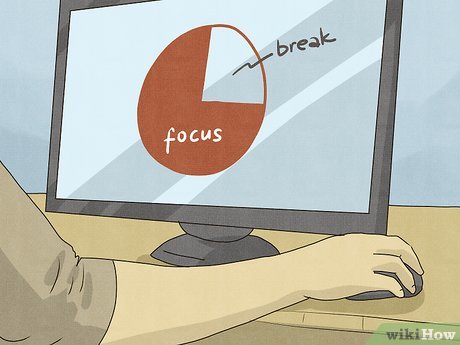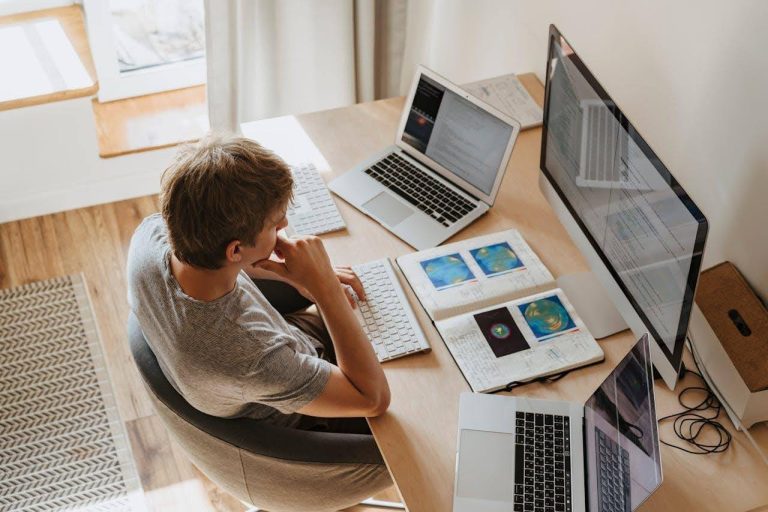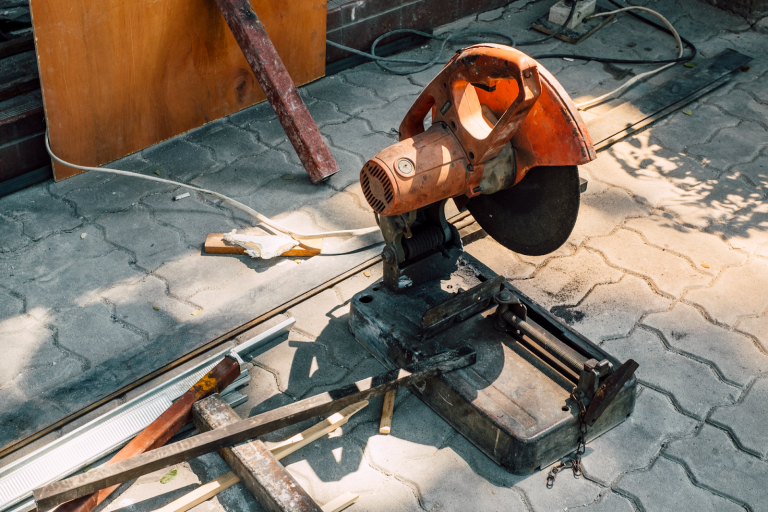
If we’re left with ten moments working, we frequently browse Facebook or Instagram or walk to the breakroom to check whether coffee has brewed. There’s nothing “wrong” when we engage in these activities. However, we can make use of our spare time for more productive use, using it to increase our productivity or achieve goals that weren’t met. (Example of this is: learning a second language or listening to podcasts that is dedicated to developing leadership.)
In order to help us make the most of each minute we have, let’s commit to reducing wasted time. There is less trolling on social media. There’s less checking your emails. (News are also fine If that’s what you do regularly.) We should also consider filling our time with interesting activities at home and at work. If we can do this you, you could notice general improvement in the way we view our lives, our relationships as well as our overall well-being.
Table of Contents
Here are five ways to make the most of your ten minutes at work.
The secret is that these five methods will not require making tea or refreshing your email for the tenth time.
- Take the stairs or take an outing. The majority of people will not be bothered if you have a break for some fresh air. If they are, tell them the reason you’re moving about: it stimulates your brain, to help you perform at your best. In the event that you are in a setting in which heels and loafers are appropriate, make sure you have an additional pair of comfy shoes on your desk. Also, even if you’re going to work wearing a power skirt or suit, it doesn’t mean you need to put off exercising. (You might want to steer clear of awkward yoga poses, however.)
- Complete admin tasks that require the use of the body. Cleaning your windows, arranging the printer’s area, changing chairs, and more are things that require you to move and will require your employer’s help with. While you’re working on those tasks, your brain will think of solutions to the current problems and projects.
- Find a quiet place to relax or meditate. Because I am always looking for peaceful places, I have them in every workplace. Find meeting rooms that are not used or offices or lobby areas with benches outside, or close to churches and libraries. Avoid supply closets. A falling broom could trigger cats’ reflexes, and a plethora of suspicious items is often connected to supply closets. If you lead or manage your team, make sure you create calm areas for your colleagues particularly in the case of an open office layout.
- Journal for 5 minutes. Five Minute Journal Five Minute Journal is one of my most used tools for quickly recording thoughts. I especially love its focus on gratitude. The practice of giving thanks every morning and evening helps us focus our thoughts and hands and gives us a wider perspective on the nitty-gritty of our lives, and rekindles our enthusiasm for the task in front of us and the work that is to come.
- Read articles or books. The food you give your brain is crucial. Make sure you feed it the best things! The book How to Think could be useful if you’re managing teams that appear always at odds. Other books worth reading in the year 2018 are The Culture Code, Measure What Matters, The Myth of the Nice Girl, and When the Time is Right: The Scientific Secrets of Perfect Timing.
Five Free Ways to Spend Ten Minutes at Home Instead of Cleaning
The dishwasher might have to be cleaned. But there are likely to be other 10-minute time slots which could be better served by some other activities. This is doubly (perhaps triple) when your work at home, or trying to balance work and life.
- Move and stretch. If you must be active at work it is essential to also move at home. Keep moving! Your body and mind will be grateful to you for it now and in the future. For suggestions on how to start moving, go towards Jonathan Mead. Jonathan Mead has a wonderful video that demonstrates a natural exercise routine that’s an amazing alternative to traditional yoga classes.
- Meditate. Meditation can help us stay present. It helps us deal with issues like frustrations with colleagues and family members. If you’re a beginner to meditation, I would suggest using Susan Piver’s 10-minute Breath Awareness Meditation.
- Play. Take the guitar and play your fingers, or use the instrument you like. Do a puzzle. Draw or paint. Make the LEGO train with your children. Play fetch with your dog or convince your cat to accept cuddles. These types of activities can help us regain our self-esteem and our sanity.
- Journal. I recommended the use of The Five Minute Journal earlier. I’m reiterating the suggestion here. Of course, other journals can also work. It is important to keep an ongoing journaling routine which helps you reflect backwards, think about the present, and then move ahead.
- Read. Spiritual literature and wisdom like the Bible as well as The Tao Te Ching, and Mark Nepo’s More Together Than Alone, are especially beneficial here. They offer guidance on how to deal with all aspects of the world. Additionally, you can read as little or as long as you want.
If we have some spare time at work or home, it is easy to slack away. However, let’s make them more productive. Read. Journal. Play. Make sure that you are doing things that help your body, mind, and soul develop so that each day can be new, and that is full of possibility and opportunity.






